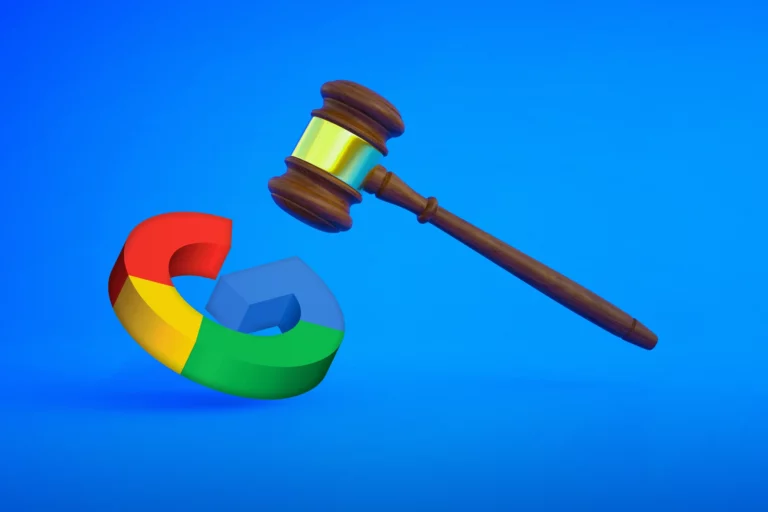Google’s lawyers defend the company’s mega-deals to be the default search engine on devices and browsers, while federal prosecutors claim those pricey deals unfairly locked out rivals, diminishing choice and search quality for users.
In a courtroom drama that’s been sizzling for months, the Department of Justice’s antitrust trial against Google has finally reached its climax. The tech giant’s lawyers have been defending the company’s multibillion-dollar deals to be the default search engine on devices and browsers, arguing that it’s simply dominating through superior innovation. But federal prosecutors claim those pricey deals unfairly locked out rivals, diminishing choice and search quality for users.
At the heart of the case is Google’s 21-year, multi-billion-dollar pact with Apple, which made Google the ever-present search box on iPhones, iPads, and Safari browsers worldwide. The deal is so lucrative that Google forks over a whopping 36% of its search ad revenue from Apple’s devices just to keep that default playground.
Google’s lawyers argue that the company’s splurging on default positions is simply the market rewarding the highest quality search product. Antitrust laws, they say, exist to protect competition – not legislate which dancers get to lead at the venue’s lone podium. But federal prosecutor Kenneth Dintzer isn’t having it. He accuses Google of systematically smothering rivals and degrading overall search quality by “locking down every default.”
The DOJ alleges that Google deliberately hid documents betraying antitrust conflicts and that its profligate default deals – from Apple down to the lowliest Android skins – formed the “centerpiece” of its allegedly exclusionary tactics. One withering line of DOJ questioning? How any startup could ever hope to muster the billions to dislodge Google as the web’s omnipresent search box.
Google’s lawyers counter that the company’s market dominance reflects the pristine merits of “competition.” If Apple regards Google as simply the best search experience for users (aided by a lavish multi-billion split of the ad revenue haul), who’s the DOJ to quibble?
Judge Amit Mehta seems mixed on Google’s defenses, at points probing whether locking up every worthwhile default entry point didn’t effectively strangle innovation before it began. But the veteran jurist also confesses struggling to see how Google has either stopped innovating or overtly degraded search quality.
As the legal showdown hurtles towards its verdict, all eyes are now on Mehta’s courtroom. Will he declare Google’s hardball default dealing an illicit foreclosure sale on the internet’s biggest gateway? Or will Mountain View’s premier search chops get to legitimately call the tunes on every dance floor?



